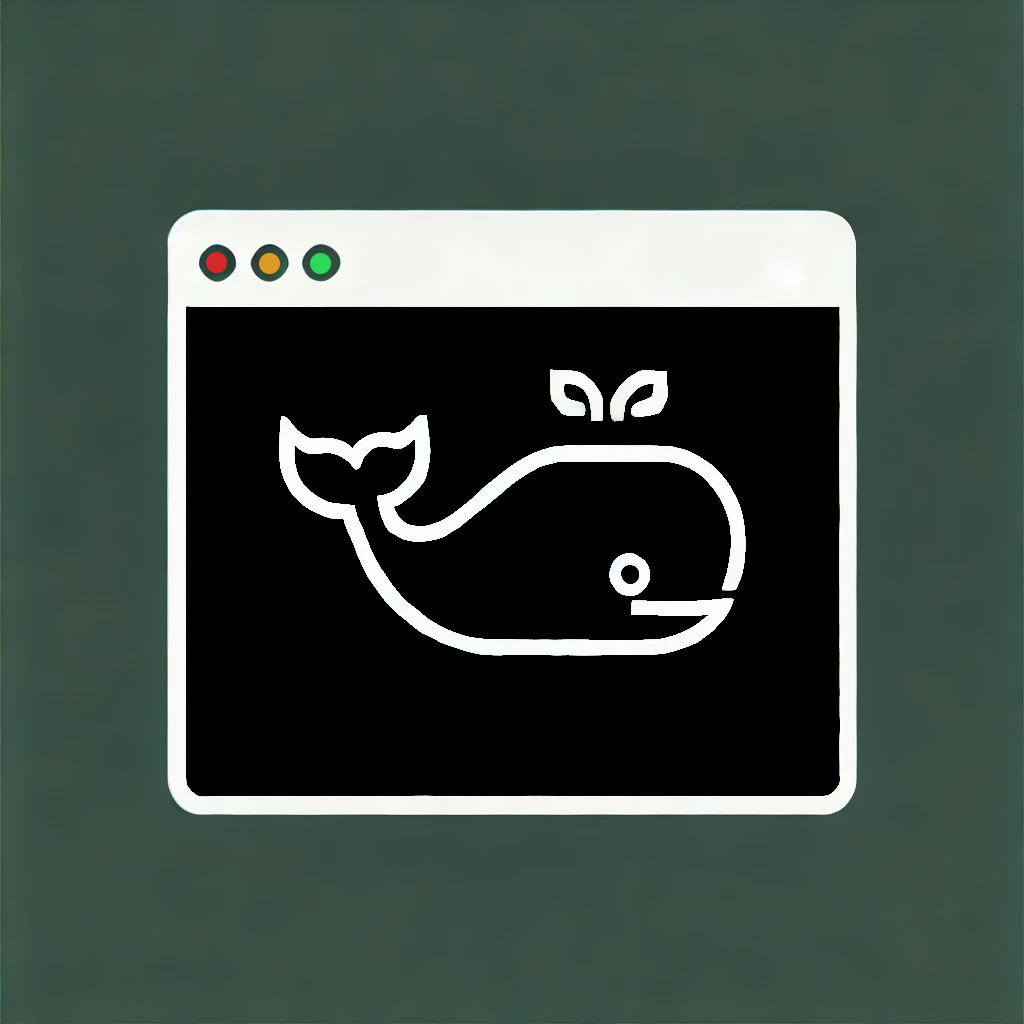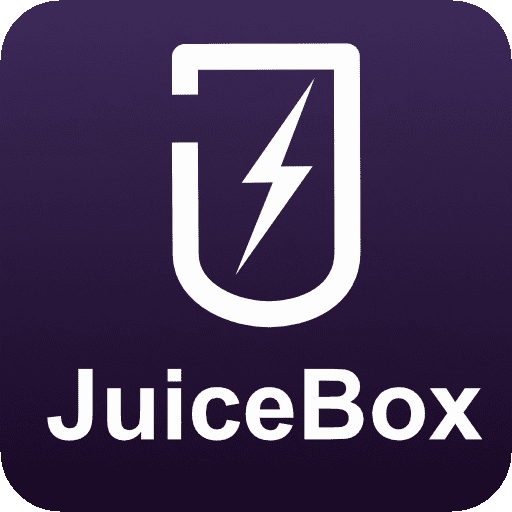
Isaiah
Media Applications• Video, Media Servers• Video, Other, Tools / Utilities• Utilities
Self-hostable clone of lazydocker for the web. Manage your Docker fleet with ease.
Browse our large and growing catalog of applications to run in your Unraid server.

Media Applications• Video, Media Servers• Video, Other, Tools / Utilities• Utilities
Self-hostable clone of lazydocker for the web. Manage your Docker fleet with ease.

Collection of handy online tools for developers, with great UX as a web app. https://it-tools.tech/

Network Services• Other, Productivity, Tools / Utilities• Utilities
iVentoy is an enhanced version of the PXE server. With iVentoy you can boot and install OS on multiple machines at the same time through the network. iVentoy is extremely easy to use, without complicated configuration, just put the ISO file in the specified location and select PXE boot in the client machine. iVentoy supports x86 Legacy BIOS, IA32 UEFI, x86_64 UEFI and ARM64 UEFI mode at the same time. iVentoy support 110+ common types of OS (Windows/WinPE/Linux/VMware)

Jackett(https://github.com/Jackett/Jackett) works as a proxy server: it translates queries from apps (Sonarr, SickRage, CouchPotato, Mylar, etc) into tracker-site-specific http queries, parses the html response, then sends results back to the requesting software. This allows for getting recent uploads (like RSS) and performing searches. Jackett is a single repository of maintained indexer scraping and translation logic - removing the burden from other apps.
Docker container which runs the latest headless Jackett Server while connecting to WireGuard or OpenVPN with iptables killswitch to prevent IP leakage when the tunnel goes down.
Media Applications• Video, Media Servers• Video, Other, Tools / Utilities• Utilities
Cleans your Radarr, Sonarr, Jellyseerr and Jellyfin or Emby before you run out of space on your server. Before updating, please make sure your config matches the latest config template on GitHub.

Nessus is a network vulnerability scanner. This is a paid product, but for small home deployments one can request a free license during the setup GUI steps for internal/small networks.

Backup, Media Applications• Photos, Productivity, Tools / Utilities• Utilities
This Docker will download and install jDownloader2. JDownloader 2 is a free, open-source download management tool with a huge community of developers that makes downloading as easy and fast as it should be. Users can start, stop or pause downloads, set bandwith limitations, auto-extract archives and much more... Update Notice: Updates will be handled through jDownloader2 directly, simply click the 'Check for Updates' in the WebGUI.

Media Applications• Music, Network Services• Web, Tools / Utilities• Utilities
A simple and leightweight Discord Bot, that integrates with your Jellyfin Media server and enables you to listen to your favourite music directly from discord. Supports Discord commands and easy configuration with environment variables. To set up your own instance, please follow the guide: https://github.com/manuel-rw/jellyfin-discord-music-bot/wiki

This container will download and install the preferred version of Jenkins and install it. Update Notice: If set to 'latest' the container will check on every startup if there is a newer version available). All you data is stored in the jenkins/workdir folder in your appdata directory.

The leading open source automation server, Jenkins provides hundreds of plugins to support building, deploying and automating any project.
jfa-go is a user management app for Jellyfin (and now Emby) that provides invite-based account creation as well as other features that make one's instance much easier to manage. *I am not the creator or maintainer of this container I am merely providing the Unraid template.

Jira Service Desk is a fully featured service desk tool used by modern IT teams.

Jira Software is a software development tool used by agile teams. For more information on different variables you can add, see: https://hub.docker.com/r/atlassian/jira-software
Discord Join-Logs Made Simple. https://github.com/brockbreacher/Join-Bot

Home Automation, Network Services• Other, Tools / Utilities• Utilities
This tool will publish Juicebox data from a UDP proxy to MQTT discoverable by HomeAssistant. Hopefully we won't need this if EnelX fixes their API! It is required that both your JuiceBox and the machine you are running juicepassproxy on have internal static IPs on your intranet.
Jump is a simple, stylish, fast and secure self-hosted startpage for your server. https://hub.docker.com/r/daledavies/jump/
JupyterLab is a web-based interactive development environment for Jupyter notebooks, code, and data. Links Repository: https://github.com/jupyterlab/jupyterlab Wiki: https://jupyterlab.readthedocs.io/en/stable Docker: https://hub.docker.com/repository/docker/bgameiro/arch-jupyterlab Configuration /opt/app/data Where JupyterLab should store the Notebooks Set Up The logs contain a token needed for first login Includes several python data science libraries and CERN's ROOT for HEP.

JupyterLab: A Next-Generation Notebook Interface JupyterLab is the latest web-based interactive development environment for notebooks, code, and data. Its flexible interface allows users to configure and arrange workflows in data science, scientific computing, computational journalism, and machine learning. A modular design invites extensions to expand and enrich functionality. JupyterLabNN: A preconfigured Python environment set up for exploring neural networks including Large Language Models (LLMs).

Kanboard is project management software that focuses on the Kanban methodology.
Kapacitor is a native data processing engine for InfluxDB 1.x and is an integrated component in the InfluxDB 2.0 platform. Kapacitor can process both stream and batch data from InfluxDB, acting on this data in real-time via its programming language TICKscript.

KDE In Docker + VNC + noVNC Web UI Default Password: admin

An instance of kdenlive accessible through vnc and noVnc (=Web Interface)
Open Source Identity and Access Management.

Kibana gives shape to any kind of data — structured and unstructured — indexed in Elasticsearch. Please install and run Elasticsearch docker first. Set the tag to it to match the one you are using on Kibana (currently 7.12.0) Change ELASTIC_SEARCH_HOSTS to match the address of your Elasticsearch

Kimai is a professional grade time-tracking application, free and open-source. It handles use-cases of freelancers as well as companies with dozens or hundreds of users.
Kitana exposes your Plex plugin interfaces "to the outside world". It does that by authenticating against Plex.TV, then connecting to the Plex Media Server you tell it to, and essentially proxying the plugin UI. It has full PMS connection awareness and allows you to connect locally, remotely, or even via relay. To set the baseurl for this application, open advanced view, and add -p /kitana -P to the "Post Arguments"

Kometa is an open source Python 3 project that has been designed to ease the creation and maintenance of metadata, collections, and playlists within a Plex Media Server. The script is designed to be run continuously and be able to update information based on sources outside your plex environment. Kometa supports Movie/TV/Music libraries and Playlists. Unraid Setup Guide: https://kometa.wiki/en/latest/kometa/install/unraid/
Komf is a Metadata Fetcher for Komga and/or Kavita. You can let it run in the Background to update new added series or Connect to it's API directly and/or use the userscript to update directly in the Komga WebUI.(https://github.com/Snd-R/komf-userscript) Note that this is an API Container so there is no WebUI. Setup: Add Container as usual. Add the application.yml to the config folder (if it wasn't automatically added). Remove the Komf or Kavita Parts of the yml, when you aren't planning on using them. The .yml is in the top Post of the Thread (https://forums.unraid.net/topic/124326-komf-docker-support-thread/).

A Media server for comics/mangas/BDs with API and OPDS support. Check logs for auto-generated username/password.